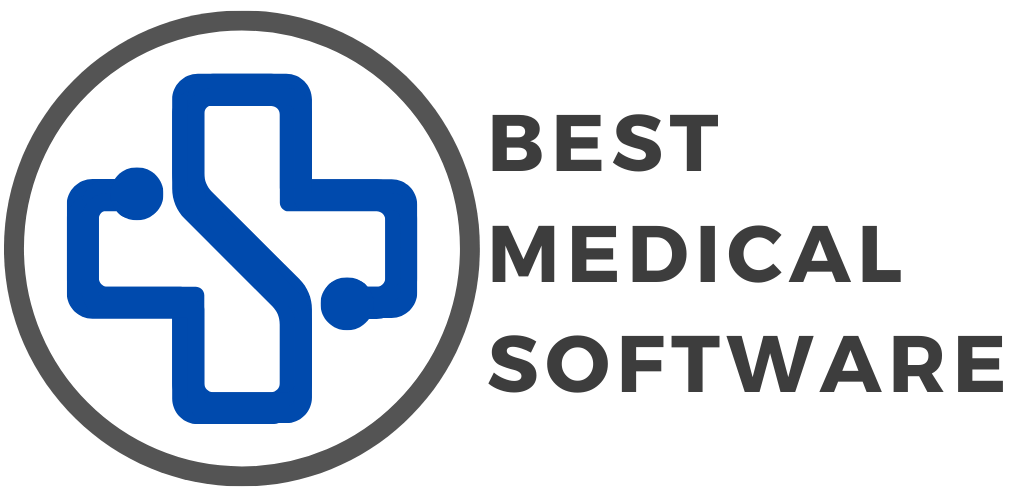Welcome to our Practice Management Software FAQ page. Here, we’ve compiled answers to some commonly asked questions about practice management software to help you make informed decisions for your practice.

What is Practice Management Software?
Practice Management Software is a comprehensive solution designed to help healthcare providers, medical practices, and clinics manage various aspects of their operations. It typically includes features for appointment scheduling, billing, electronic health records (EHR), patient communication, reporting, and more.
What are the key features of Practice Management Software?
Common features include:
- Appointment Scheduling: Enables users to book, modify, and cancel appointments.
- Billing and Invoicing: Manages billing, and insurance claims, and tracks payments.
- Electronic Health Records (EHR): Records patient information, medical history, treatment plans, etc., electronically.
- Patient Communication: Facilitates communication with patients through reminders, notifications, and messaging.
- Reporting and Analytics: Generate reports on various practice metrics for analysis.
- Integration with other systems: Integrates with EHRs, accounting software, and other healthcare tools.
How can Practice Management Software benefit my practice?
Practice Management Software offers several benefits, including:
- Efficiency: Streamlines administrative tasks, reducing paperwork and manual effort.
- Improved Patient Care: Facilitates accurate record-keeping, ensuring better patient care and treatment.
- Financial Management: Enhances billing accuracy, reduces claim denials, and speeds up reimbursement.
- Compliance and Security: Helps in maintaining compliance with healthcare regulations and ensures patient data security.
- Reporting and Analytics: Provides insights for better decision-making and practice optimization.
Is Practice Management Software suitable for all types of healthcare practices?
Most practice management software is designed to be versatile and can be customized to suit different types of practices, including medical, dental, chiropractic, physical therapy, mental health, and more.
How do I choose the right Practice Management Software for my practice?
Consider the following factors:
- Practice Size: Choose software that scales with the size of your practice.
- Specialty: Some software may be tailored to specific medical specialties.
- Integration: Ensure compatibility with existing systems like EHRs and accounting software.
- User-Friendliness: Intuitive interfaces are crucial for easy adoption by your staff.
- Cost: Evaluate the software’s pricing model and ensure it fits your budget.
How secure is patient data in Practice Management Software?
Practice Management Software providers typically implement robust security measures, including encryption, access controls, and compliance with healthcare data protection regulations like HIPAA. It’s crucial to verify the security features offered by the software you choose.
Can Practice Management Software be accessed remotely?
Many modern practice management solutions offer cloud-based access, allowing practitioners and staff to access information from anywhere with an internet connection. This is especially important for practices with multiple locations or providers who need to access information on the go.
What kind of training and support is provided with Practice Management Software?
Most providers offer training sessions, tutorials, and customer support. Some also have knowledge bases, FAQs, and user communities for additional resources.
Can I integrate Practice Management Software with other tools?
Yes, many practice management software solutions offer integration capabilities with EHR systems, accounting software, patient portals, and more. This helps in creating a seamless workflow for your practice.
How do I migrate data from my existing system to a new Practice Management Software?
Providers usually offer data migration services to help transition your existing patient records, appointment schedules, and other relevant data to the new system. It’s important to discuss this with the software vendor during the implementation process.
Remember to conduct thorough research and possibly request demos or trials to find the practice management software that best fits the unique needs of your practice.
